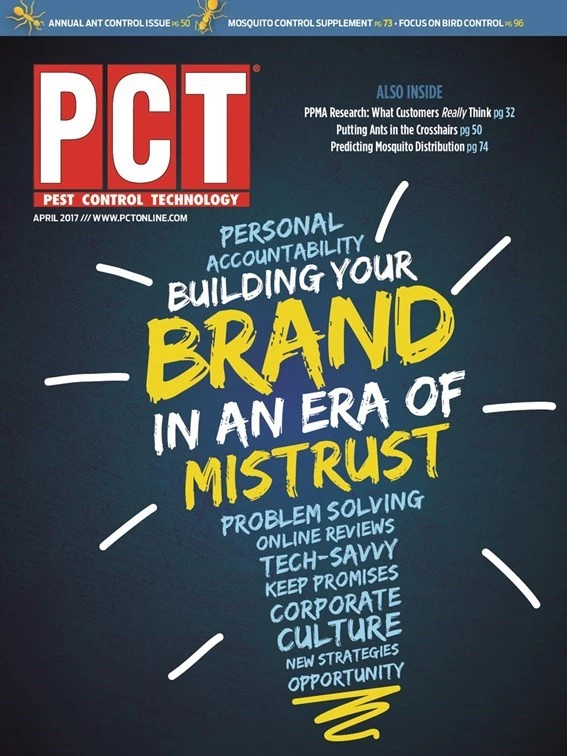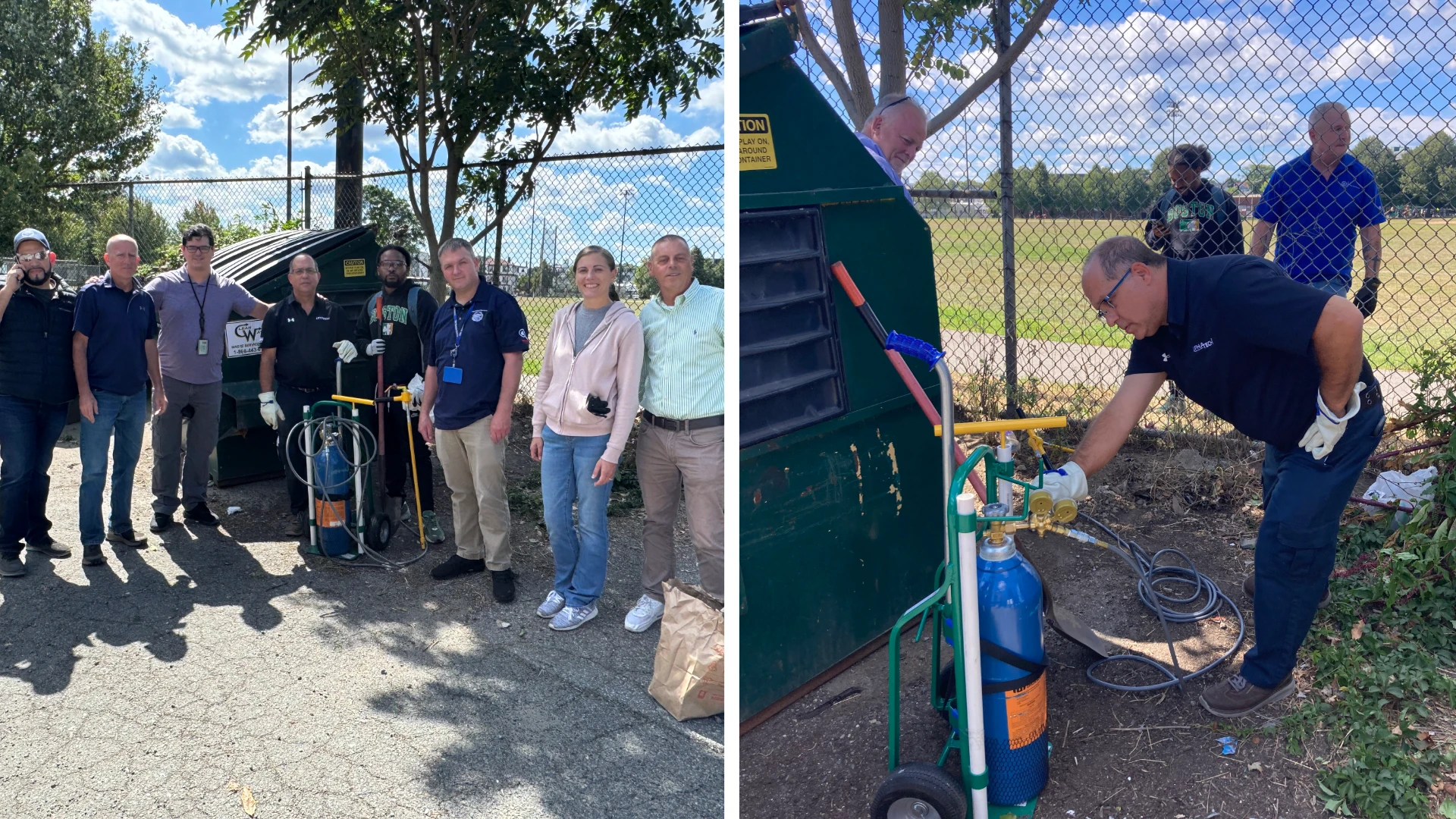In daily conversations with PCOs, I can’t tell you how many times the PCT staff hears the following: “The only thing holding me back from growing is finding quality people to do the work.” Our research backs this up as well. According to the PCT-NPMA 2016 Business Outlook survey, 32 percent of PMPs said attracting and hiring talent is the most significant challenge facing pest management companies. Additionally, more than 40 percent said access to quality employees is hampering the growth of the pest control industry.
There are a multitude of reasons why hiring — especially finding and retaining quality service professionals — has become increasingly difficult. One is simply that the economy has improved, thereby tightening the job market. Another is that there are fewer skilled tradesmen willing to do physical labor. In Ohio, for example, the state recently released budget data that revealed enrollment at 34 of the 49 career-technical schools declined over five years — a net loss of about 2,300 full-time students statewide.
Now more than ever PCOs must “leave no stone unturned” when hiring. They can’t simply place a Help Wanted ad in a newspaper and expect quality candidates to apply. The following are just a few proactive hiring ideas from PCOs we’ve spoken with recently.
Hire veterans — One of the great recent NPMA initiatives was the formation of PestVets. The group’s mission is to actively promote the recruitment of veterans and provide mentoring and support for veterans currently employed in the industry. Many successful pest control firms employ veterans, some of whom learned the trade while serving in the military (e.g., keeping military bases free of pests). The veteran who spearheaded the creation of this group is Marty Overline, president of Philadelphia-based Aardvark Pest Management; he started out as a pest control specialist in the U.S. Air Force. Most military jobs require personnel who are mechanically inclined — skills that smoothly transfer to pest control. And is your company looking for highly skilled dog handlers? Don’t forget that the military uses detection dog teams (handlers and dogs) to locate bombs, mines, etc.
Recruitment videos — Some companies have created professional recruitment videos that provide an overview of their business and describe different opportunities they offer. A recent video we like is from Batzner Pest Control, New Berlin, Wis. (downloadable here). The video includes employee testimonials, including some from female workers, and also shows some of the newer technology involved in pest control. Owner Jerry Batzner is filmed saying, “We’ve been working on putting together a team to take us to the next level.” It’s a smart message that appeals to many groups — including millennials — who want to be a part of something special and personally fulfilling.
Vocational and technical schools — Yes, I realize I previously mentioned these schools face enrollment challenges — that doesn’t mean they’re any less important a resource. Again, students enrolled at vocational and technical schools tend to be mechanically inclined with skills that transfer well to pest control. Why not connect with these schools? I’ve heard of technicians who worked in pest control while paying their way through technical school; they liked the pest control job so much they stayed on as long-term employees.
Personal connections — A number of PCOs we’ve spoken with make recruiting part of their company culture. They and their management team are always on the lookout for potential new team members. I remember Arrow Exterminators Chairman of the Board Joe Thomas saying that if he got great service at a restaurant he might slip the server a business card. I’ve also heard of companies that encourage their employees to recruit friends and acquaintances, and some even offer bonuses for referrals that turn into new hires.
I realize this list doesn’t even scratch the surface when it comes to hiring. (I didn’t even touch on Internet recruiting, which falls more into the “science bucket” when it comes to the art and science of hiring.) Hopefully, however, these few examples serve as a reminder that pest control hiring is a different animal. Most people (excluding those who come from a pest control industry family) don’t grow up wanting to be pest management professionals. It’s up to you to think creatively and strategically when targeting your future workforce and “selling” your company as a great place to work.
The author can be contacted at bharbison@gie.net.

Explore the April 2017 Issue
Check out more from this issue and find your next story to read.
Latest from Pest Control Technology
- Rentokil Terminix Expanded in Key Markets with 2024 Acquisitions
- In Memoriam: Joe Cavender
- Certus Acquires Green Wave Pest Solutions
- Liphatech Adds Alex Blahnik to Technical Team
- Do the Right Sting: Stinging Insect Identification, Management, and Safety
- VAGA's 8th Annual Veterans Thanksgiving Appreciation Dinner
- Clark's Blair Smith on the Response to Increased Dengue Fever Cases in Southern California
- WSDA, USDA Announce Eradication of Northern Giant Hornet from U.S.





